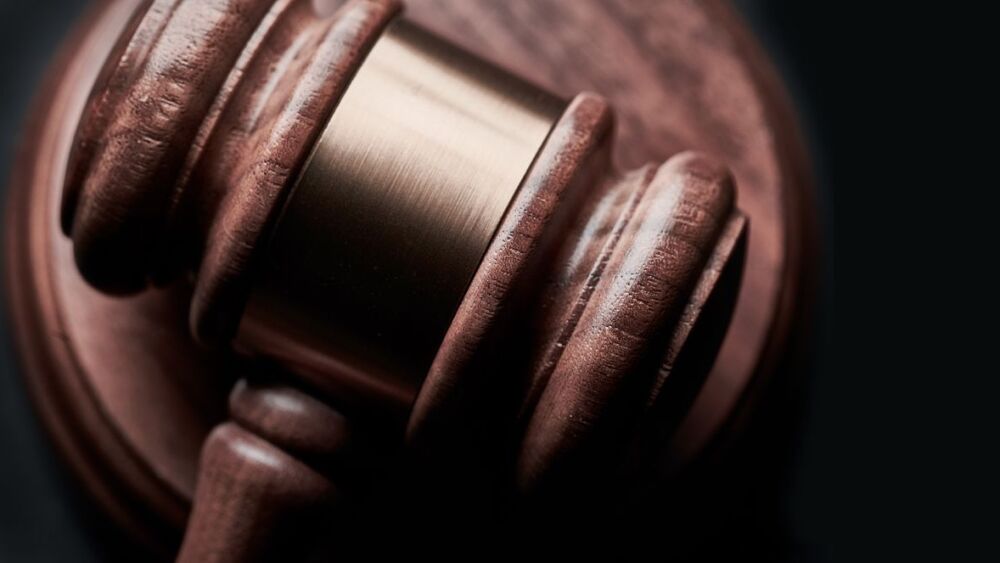By S.P. Sullivan
nj.com
CAMDEN, N.J. — New Jersey’s highest court on Thursday rebuked an effort by police in two cases to snoop on Facebook pages for crime suspects without getting a wiretap order in a ruling that sides with the tech giant in a case closely watched by privacy advocates.
In an unanimous decision, the state Supreme Court found the nearly real-time surveillance of a person’s social media was the “functional equivalent” of tapping their phone.
The communication data warrants investigators had been using to force Facebook to hand over the keys to users’ pagers did not meet the “heightened” privacy rules such an intrusion requires, the court ruled.
State prosecutors had argued the communications data warrant was sufficient to protect a suspect’s rights while giving police access to potential criminal evidence. The state Attorney General’s Office, which argued the case, did not immediately return a message seeking comment.
At the center of the dispute were two New Jersey men identified in court papers only under the pseudonyms Anthony and Maurice. In separate cases, investigators from the New Jersey State Police and the Atlantic County Sheriff’s Office sought access to their Facebook accounts based on suspicions the men were using the platform to sell drugs.
They wanted access to a “cloned” or “ghost” account (duplicates of a person’s Facebook that serve as a back door for law enforcement to monitor an account’s activity) every 15 minutes for 30 days, according to court records.
Separate judges approved communication data warrants in May and June of 2021. Both ordered Facebook “not to disclose the existence of the investigation” to Anthony or Maurice.
Facebook partially complied, turning over communications and location data stored right before the date the warrant was issued, but declined to give them continued access to the accounts going forward.
For those, the company argued the state needed to produce a wiretap order. Both cases ended up consolidated in an appeals court, where a panel of judges partially sided with the state, but reduced the time period they could access the accounts from 30 days to 10.
Internet privacy experts told NJ Advance Media the case was alarming because authorities in New Jersey were seeking to set a looser standard for police surveillance of private social media accounts than exists anywhere else in the nation.
On Wednesday, the high court found New Jersey should follow the rules that exist elsewhere in the country.
“Based on the language and structure of the relevant statutes, we find that the state’s request for information from users’ accounts invokes heightened privacy protections,” Chief Justice Stuart Rabner wrote in the ruling.
“We also find that the nearly contemporaneous acquisition of electronic communications here is the functional equivalent of wiretap surveillance and is therefore entitled to greater constitutional protection.”
Under the ruling, the justices quashed the communications data warrants sent to Facebook. The status of the cases involving Anthony and Maurice was not available because the records in the two investigations remain sealed.
—
©2023 Advance Local Media LLC.
Visit nj.com.
Distributed by Tribune Content Agency, LLC.


